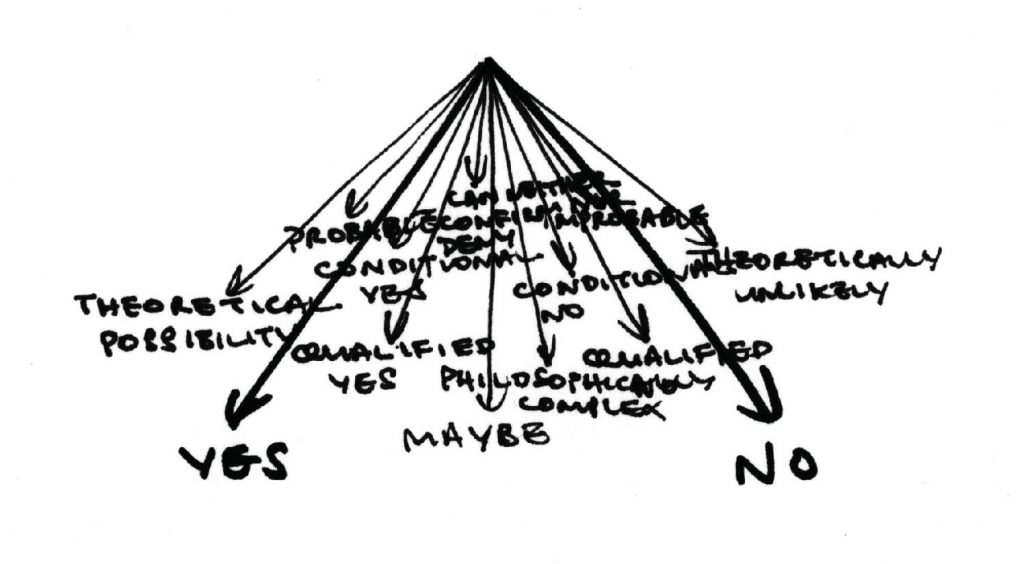|
Published in the Viewpoints section of the Chicago Maroon, the student-run newspaper of the University of Chicago. Photo: Wei Yi Ow.
On Monday, May 24, at Student Government’s last assembly of the year, outgoing provost Eric Isaacs invoked academic ideals to resist multiple questions about his decisions: “We’re the University of Chicago; we’re really about discussion and debate—we’re not about yes or no questions,” Isaacs said. This would be all well and good were we students in a classroom or faculty at a conference. But Isaacs was addressing his Title IX staffing, minimum wages, meetings, and more—and not in an academic setting. This recalled Daniel Diermeier’s remarks in an interview with The Maroon last month, after he was appointed Isaacs’s successor. In response to a question about the University’s recent report on free expression and the interruption of a campus event, he said, “You’re going through the philosopher in me again.” When asked about the point at which he could step back from fundraising, he replied, “That’s a great question. That’s another philosophical question, right?” Wrong. To be sure, answers like “right” and “wrong” or “yes” and “no” are inimical to academics. But by that token, they are essential to administration. Clear, solid decisions are precisely what empower the obscure, fluid investigation for which the University exists. Or at least, I was emphatically taught as much in my Core classes. In particular, one instructor of mine was both an academic (“Senior Lecturer”) and an administrator (“Director”). Meanwhile, I was a first-year, slow to transition from the rigidity of high school assignments to the flexibility of college ones. Time and again, that instructor admonished me and my peers when we failed to distinguish between types of problems, not least “philosophical” and “pragmatic” ones. Repeatedly we were warned: confuse pragmatics for philosophy in a paper on, say, sexual assault, and risk not doing justice to the concept; do the reverse with a peer dealing with sexual assault and risk not doing justice to the survivor. Likewise, professors may study policy; Diermeier undoubtedly did at the Harris School. But at just as basic a level, provosts must make policy. When they don’t—when they pass off as conceptual the critical decisions about assault, pay, speech, and more that they are appointed as administrators to make—then we as a University find ourselves investigated by the U.S. Department of Education, struck by unions, interrupted by protests, and more. Worse, we find ourselves and our peers abused and ignored, underpaid and overworked, silenced and degraded—all of which is inimical to our scholarship at least. Naïvely, perhaps, in my time here, I have hardly advocated for the issues mentioned in this article, buying instead into the philosophy that students are here to focus on their studies. But given how our administration is jeopardizing our academic lives, that philosophy seems less and less pragmatic. And that seems wrong. |
Professionally...[my name] at yahoo dot com
|


 RSS Feed
RSS Feed
